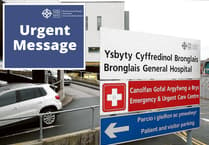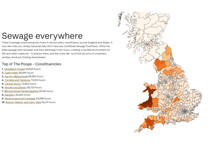On October 16, Labour MP Kim Leadbetter will stand up in the House of Commons and introduce the Government’s Bill on the right to die, legislation that would, if passed, give terminally ill people choice at the end of life. A debate and initial vote on the matter possible within weeks and this process will be the first time the issue has been debated at Westminster when an assisted dying Bill was defeated.
Ms Leadbeater said she is hopeful for an “honest, compassionate and respectful debate” on her Bill, which would establish in law the right for terminally ill eligible adults to have the choice at the end of life to shorten their deaths and ensure stronger protections for them and their loved ones in the aftermath.
MPs debating and eventually voting on a Bill have a “heavy responsibility”, she acknowledged, but added that doing nothing would “leave too many people as they come to the end of their life continuing to suffer in often unbearable pain and fear of what is to come, denied the choice they deserve”.
Public opinion is broadly supportive of bringing in the measure. Right now, assisted dying is unlawful in the United Kingdom while a Bill approving the measure has been adopted on the Isle of Man. In Ireland, there are also legislative moves to allow for some form of assisted death.
We need, however, to be extremely careful that we do not rush this process. It requires very careful consideration and measure, and we need to ensure that every possible safeguard is built into the process, one that broadly solves the moral and religious objections that some may have in this process. There is no easy solution.
Medical staff such as doctors and nurses should have every right to excuse themselves from such cases and the British Medical Association has asked that its members be given the right to withdraw when necessary, and that there be no fallout for doing so. But this publication sees no reason why this should not be included in any process that ought to be adopted to allow terminally ill people to make their life-ending decision.





Comments
This article has no comments yet. Be the first to leave a comment.